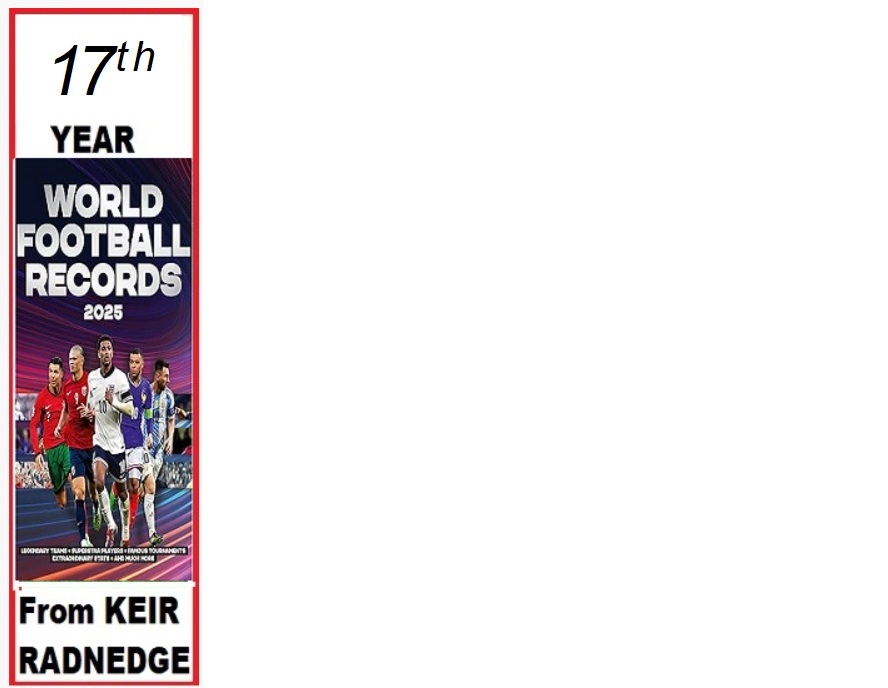Ouaddou slams Qatar as FIFA rules against kafala blackmail club
ZURICH: FIFA has backed former Morocco defender Abdeslam Ouaddou against a Qatari club which tried to blackmail him into dropping his demand for proper settlement of his contract.
Qatar SC, according to a ruling from the world federation’s Dispute Resolution Chamber, tried to bargain his passport and exile visa against pay that he was owed.
Ouaddou, delighted with the verdict on a complaint registered in September 2012, said: “People in Qatar now know, that they cannot get away with everything, even if you have a lot of money.”
The player had not been paid by Qatar SC and, when he complained intially to FIFA, his exit visa was withheld. The club sponsor which held the visa told Ouaddou he would receive his permission to leave Qatar only when he dropped his complaint.
Ouaddou refused. He said: “When I started saying that I was going to appeal to the human rights league as well, the tone changed. They quickly gave me my exit visa.”
He left Qatar in November 2012 and it has taken until now for him to win his case for monies owed. He was even threatened that the club would drag the case out, being told: “It will take four or five years minimum. We have a lot of influence with FIFA.”
Not so much.
FIFPro, ITUC praised
Ouaddou paid tribute to FIFPro, the international players’ union, which helped resolve the case of Zahir Belounis last autumn and to the International Trade Union Confederation.
His victory was extensively reviewed on FIFPro’s website. In fact the DRC ruled in his favour two weeks ago but this has only emerged now, on the eve of a European Parliament debate on workers’ rights in Qatar.
Ouaddou added: “For me, it is not about the money. It is a matter of principle. I was fighting for my rights. That is why I am so happy with this victory.”
He believed, however, that Qatar SC, despite enough negative publicity swirling around the Gulf state’s football issues, will take the case to the Court of Arbitration for Sport.
Ouaddou said: “Unfortunately, the Qataris are bad losers. They will appeal to CAS.”
In adding warning words, Ouaddou said: “When I went to Qatar, I did not know anything. Nobody had informed me.
“Recently, a lot of players have been calling me for advice. I never tell them not to go to Qatar. But I do inform them about the kafala system. I advise them to ask for a permanent exit visa, to guarantee their freedom of movement. If you don’t have this, you will feel enslaved.”
“I also explain them that when they get sick or injured, or when they underperform, they will be left out of the squad immediately. A new player will take their place and receive their money. That is what more or less happened to me and to Zahir Belounis.
“Football is such a beautiful game. It cannot be that, in the 21st century, a World Cup is organised in a country that does not respect human rights. We cannot send players to a country that does not respect the rights of the workers.
Migrant workers
“We know the image that will be shown of Qatar when organising the World Cup. When you live there, you see how inhumanly the workers are treated. This is killing thousands of workers. That’s why I protest against the 2022 World Cup in Qatar.”
Ouaddou is referring to recent reports revealing among other things that 185 Nepalese migrant construction workers died in 2013, while the International Trade Union Confederation (ITUC) warned that up to 4,000 workers could die before the 2022 World Cup without meaningful reform of working conditions.
“I am asking all the players to open their eyes: ‘How can we play in a stadium that is build with blood …?’ We – all professional footballers – also have our values, we cannot accept this treatment of fellow workers.
“I am reading reports about a possible abolishment of the kafala system for professional footballers. If so, then I hope football can build a bridge for the other workers. That the kafala system will also be abolished for them.”
######################



